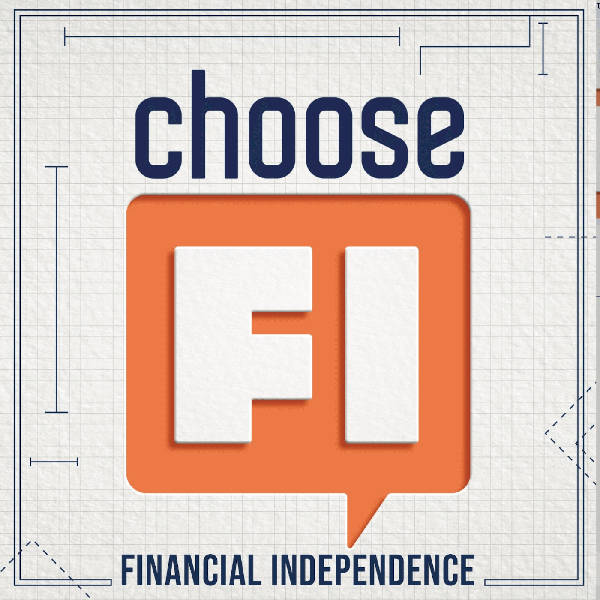
254 Creating a lifestyle not a Job | Corbett Barr
Building a business online has never been easier than right now, but Corbett Barr was forging his path in the early 2000s when it was hard. We're diving into his origin story to learn what gave him motivation and why he believed entrepreneurship was for him. Working as a consultant in Fortune 500 companies, Corbett had the kind of job a lot of people really wanted and could build a career around. Though he wasn't aware of financial independence at the time, he didn't want to climb the ladder only to find it had been leaning up against the wrong wall. Unhappy with his career, he was nudged toward entrepreneurship but was scared to take the leap until a friend asked if he wanted to become involved in a new project, which he was able to do without risking any of his own money. In his early 20s, Corbett was furloughed from his job during the 2000-01 financial crisis. During his efforts to stay afloat, he was ashamed and learned how important it is to save as much as possible. His savings gave him enough of a cushion to last a year or so in order to find out if he had what it takes to be an entrepreneur. His picture of entrepreneurship at the time was working yourself to the bone, sleeping under your desk, and hitting a home run before earning a bunch of money and doing whatever he wanted. But he found that he still had a host people he still needed to answer to and felt even more trapped than if he were an employee. After putting in so much time, effort, and money, it was painful to realize he didn't have much to show for it. But after having a taste of entrepreneurship, it was hard to imagine going back. Rather than jump into another project, Corbett and his wife took an eight-month sabbatical in Mexico to clear his head, reset and pivot. The Mexican sabbatical allowed him to put some space between himself and the friends, family, and San Francisco venture capitalists influencing his life to see that something else was possible. It was around that time he discovered concepts of location, independence, lifestyle design, and digital nomads. He realized that perhaps what he wanted wasn't to be wealthy, but instead to have enough time and control to do the things he wanted, like working on the things he wanted or spending time with friends and family. When discussing the dark side of entrepreneurship, Corbett says we don't often see the path of destructions can leave in people's lives. However, it has become much more democratized in recent years where you don't have to take investment money or big-name advertisers. It allows you to really be in control and think about how you go about doing it. Though he originally envisioned building a product and then finding customers who wanted it, he decided to go with an audience first business where he would find customers who wanted a product he would then build for them. An audience first strategy ends up taking a lot of the risk out of things. In the beginning stages of entrepreneurship, it's all about finding your topic and what you are going o building toward. It's good to jump into something you are interested in and can become good at. It can take experimentation and doesn't necessarily come overnight. Something that Corbett teaches is “minimum viable income” where you cut back all of the fat. Though he jumped in with both feet and lived off savings, people like Brad did things on the side. And adding an extra thousand or two in income through a side project, it can change the entire trajectory in terms of FI. Some of Corbett's observations about working for yourself are: you have no one to blame but you, when you work for yourself, you don't have to worry about a new boss, you decide when you work and when you don't, no pointless, actionless meetings, no cubicles, and the coffee is amazing. When living a nomadic lifestyle, Corbett and his wife consider the total annual cost of their home base, including any rent they might receive back. Some locations are better than others, so you may need to get creative about it. In 2009, when Corbett began building his audience first business, he began with free ebooks on affiliate marketing, followed by an online course, and then another, and another. He began to realize that he wanted to layer coaching and community on it. He's been doing that through Fizzle since 2012, along with a podcast. Free consultations are a great way to understand what questions your audience has and then build it into your product. There are ways to ease into charging for the product you are creating to find out if it's viable. RESOURCES MENTIONED IN TODAY'S CONVERSATION Quickly and securely send money to people with PayPal Get a $75 credit to boost your job posting on Indeed.com Wondering what it would look like to make work optional? Go back through the ChooseFI archives or visit ChooseFI.com/start IF YOU WANT TO SUPPORT CHOOSEFI:
Share FI by sending a friend ChooseFI: Your Blueprint to Financial Independence.
